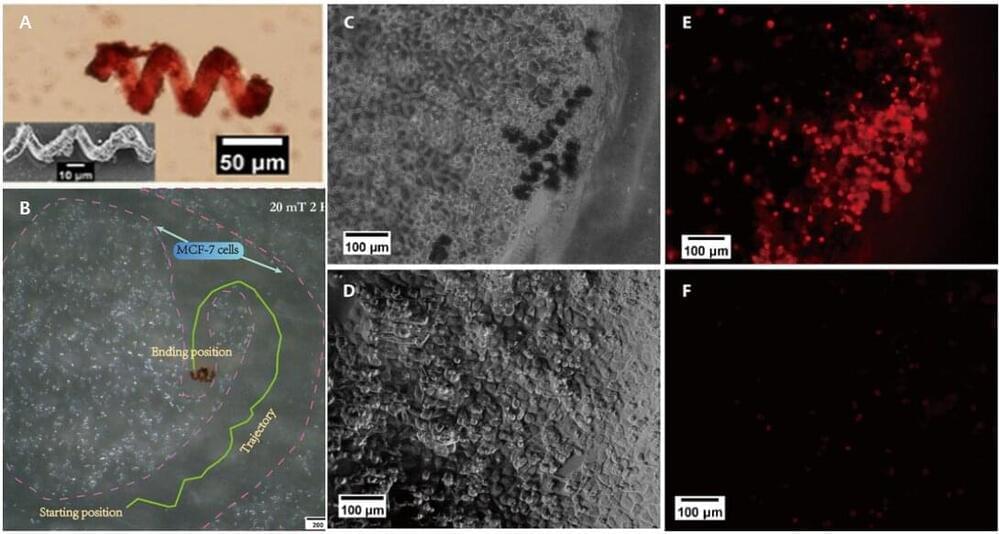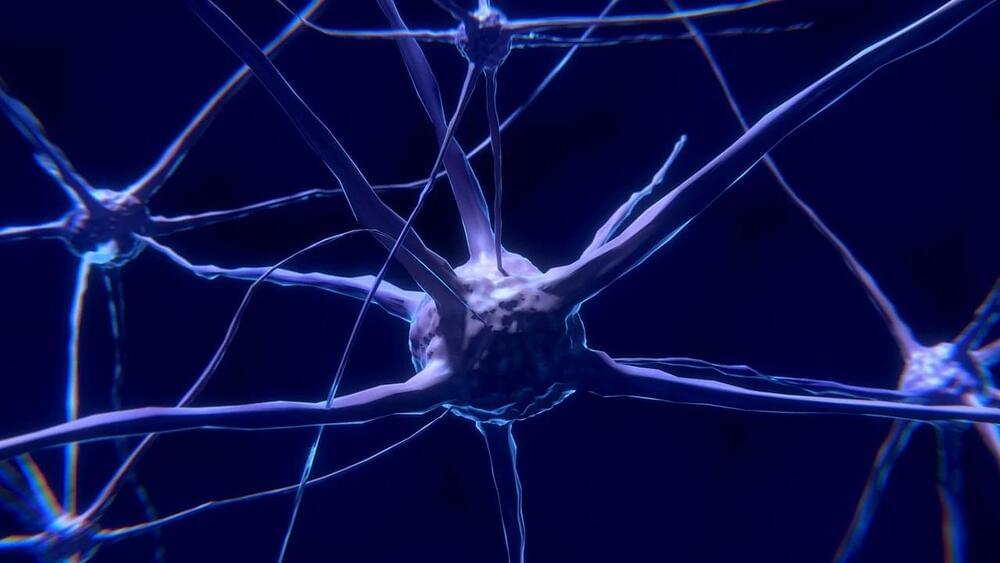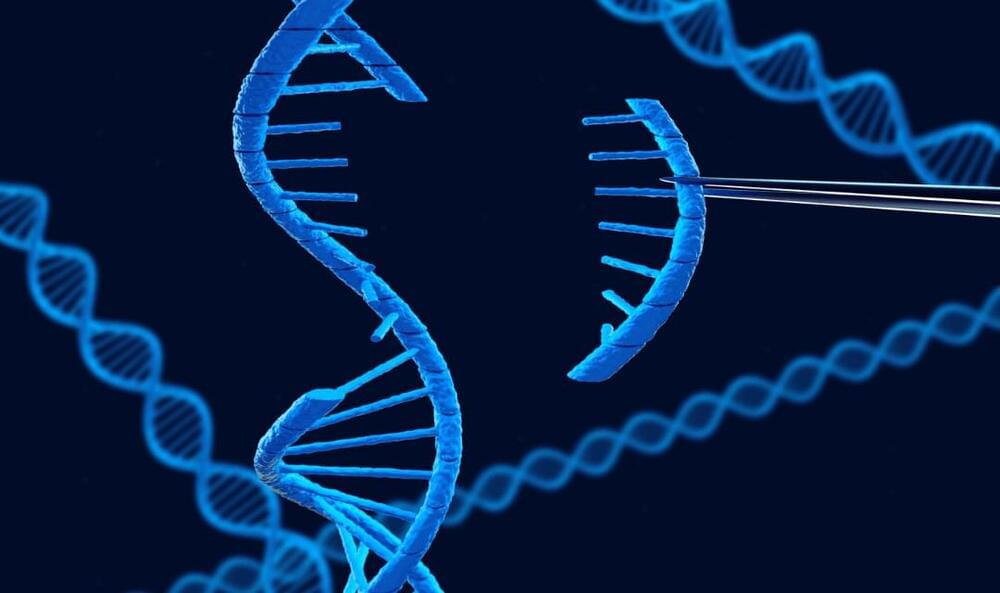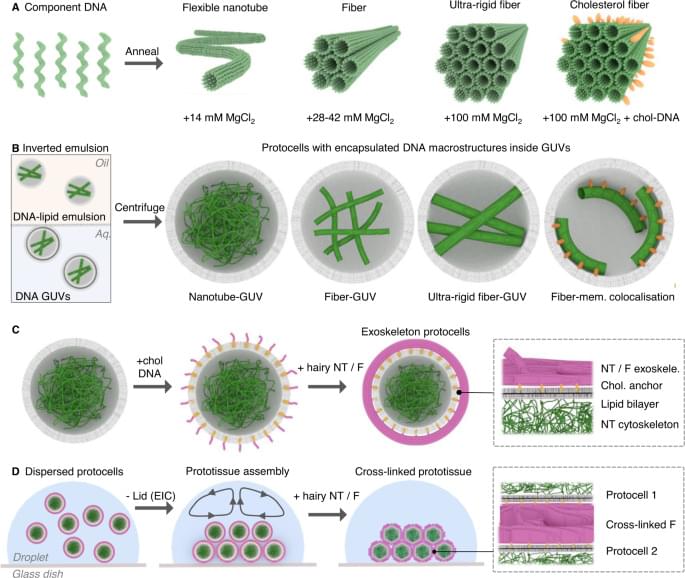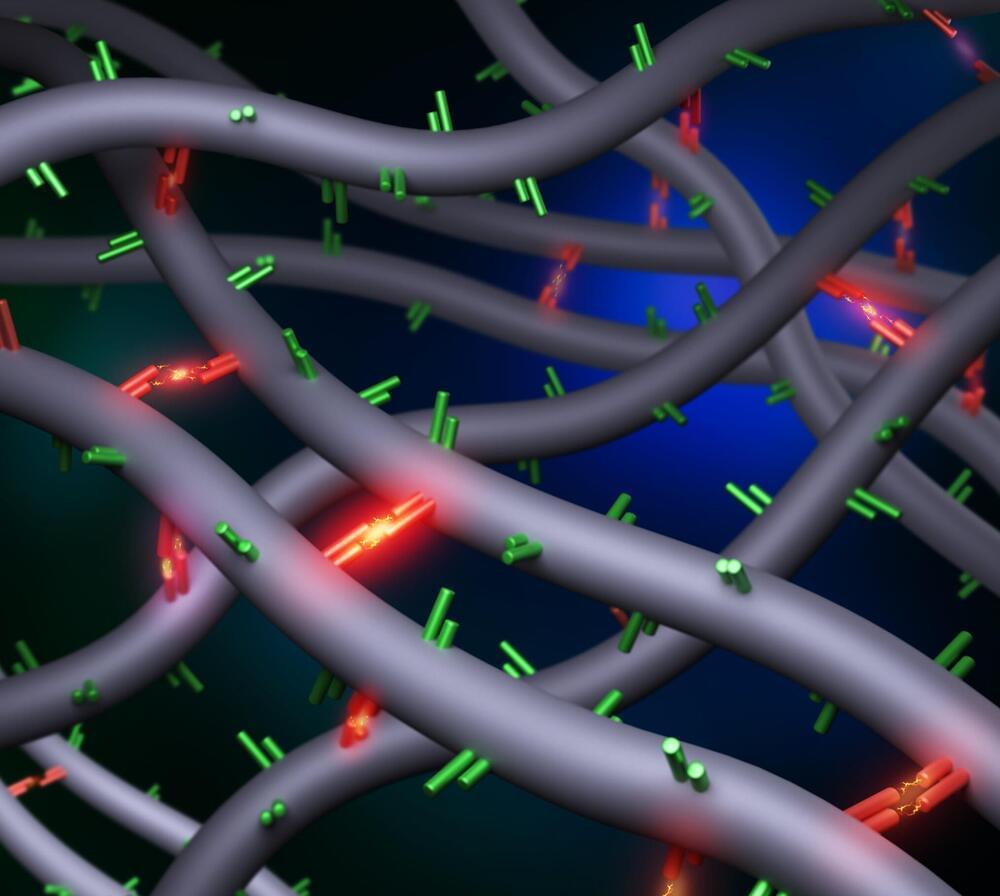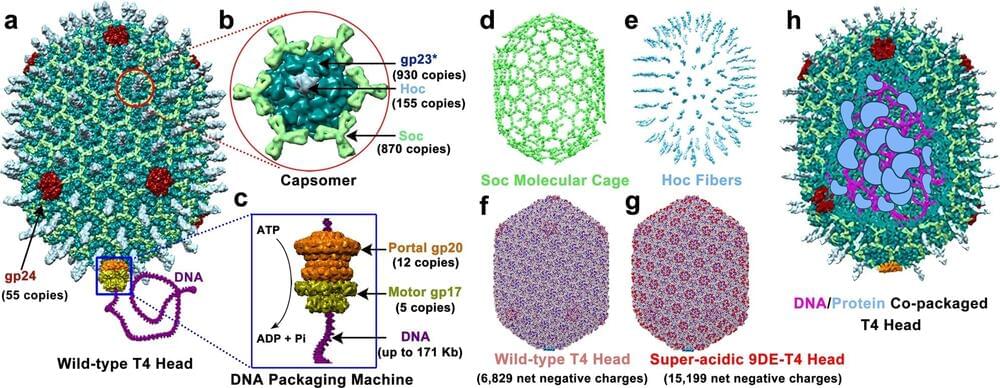Sign up for a Curiosity Stream subscription and also get a free Nebula subscription (the streaming platform built by creators) here: https://curiositystream.com/isaacarthur.
We often discuss cybernetic, genetic engineering, artificial intelligence, and hybrids of them, but what truly is synthetic life? And what is it like?
Visit our Website: http://www.isaacarthur.net.
Support us on Patreon: https://www.patreon.com/IsaacArthur.
Facebook Group: https://www.facebook.com/groups/1583992725237264/
Reddit: https://www.reddit.com/r/IsaacArthur/
Twitter: https://twitter.com/Isaac_A_Arthur on Twitter and RT our future content.
SFIA Discord Server: https://discord.gg/53GAShE
Listen or Download the audio of this episode from Soundcloud: Episode’s Audio-only version: https://soundcloud.com/isaac-arthur-148927746/synthetic-life.
Episode’s Narration-only version: https://soundcloud.com/isaac-arthur-148927746/synthetic-life-narration-only.
Credits:
Synthetic Life.
Science & Futurism with Isaac Arthur.
Episode 333a, March 13, 2022
Written, Produced & Narrated by Isaac Arthur.
Editors:
David McFarlane.
Jason Burbank.
Jerry Guern.
Cover Art:
